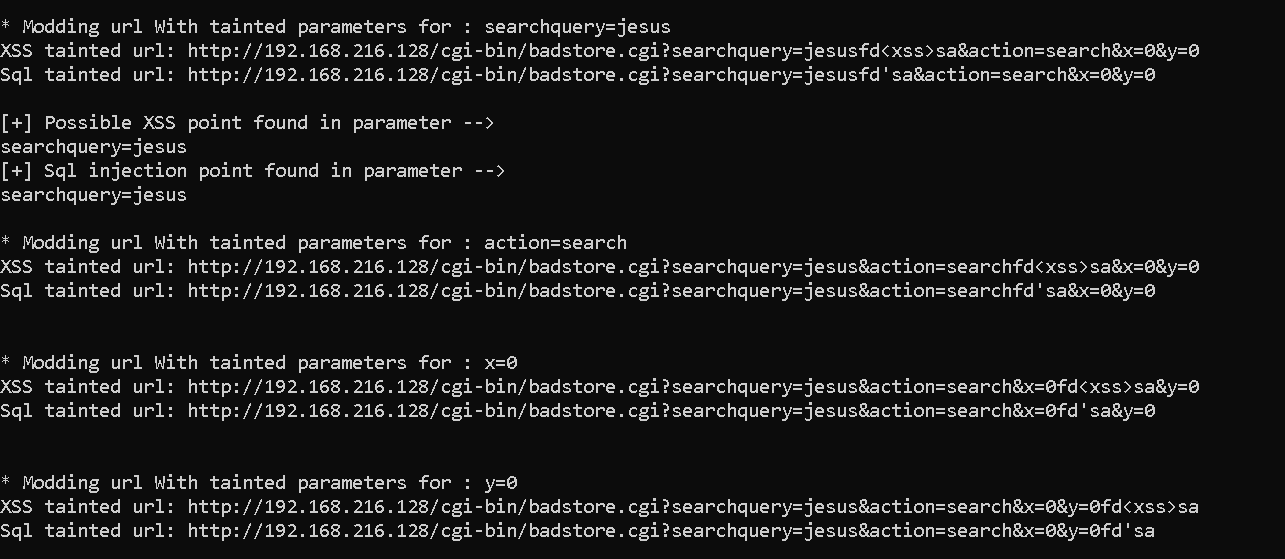Creating a mutational fuzzer to fuzz GET requests for possible sqli errors.
m3rcer
This Program is a basic mutational fuzzer that will fuzz GET requests to generate errors to validate a possible sql/xss vulnerability.
- A fuzzer attempts to find errors in software by sending malformed data. There are 2 general types:
Mutational Fuzzer - taint data in a known-good with bad without regard for the protocol or structure of data.
Generational Fuzzer - taint data in a known-good with bad taking regard for the nuances of the protocol or structure of data. Note: We use BadStore from VulnHub for this Chapter to test our tools against.
- We use the static
Create() methodfrom theWebRequest classto make ahttptype object by passing in the url which is casted back to theHttpWebRequestobject . The method is instantiated to be set to “GET”. - Instantiated objects can be used in the context of a using block to implement a
Dispose() methodat the end of scope. This helps manage scope and prevent resource leaks of objects. - The
StreamReader classis used to save the response and theReadToEnd() methodto read data till EOL.
Code Block:
using System;
using System.Text;
using System.Net;
using System.Net.Sockets;
using System.IO;
using System.Web;
namespace fuzz_world
{
class MainClass
{
// Parse all parms from the url
public static void Main(string[] args)
{
string url = args[0];
int index = url.IndexOf("?");
string[] parms = url.Remove(0, index + 1).Split('&');
foreach (string parm in parms)
Console.WriteLine("\r\n* Parameters found are : " + parm + "\r\n");
// Replacing url with tainted params
foreach (string parm in parms)
{
string xssUrl = url.Replace(parm, parm + "fd<xss>sa");
string sqlUrl = url.Replace(parm, parm + "fd'sa");
Console.WriteLine("\r\n* Modding url With tainted parameters for : " + parm);
Console.WriteLine("XSS tainted url: " + xssUrl);
Console.WriteLine("Sql tainted url: " + sqlUrl + "\r\n");
HttpWebRequest request = (HttpWebRequest)WebRequest.Create(sqlUrl);
request.Method = "GET";
string sqlresp = string.Empty;
using (StreamReader rdr = new StreamReader(request.GetResponse().GetResponseStream()))
sqlresp = rdr.ReadToEnd();
// Creating GET Request
request = (HttpWebRequest)WebRequest.Create(xssUrl);
request.Method = "GET";
string xssresp = string.Empty;
using (StreamReader rdr = new StreamReader(request.GetResponse().GetResponseStream()))
xssresp = rdr.ReadToEnd();
if (xssresp.Contains("<xss>"))
Console.WriteLine("[+] Possible XSS point found in parameter --> \r\n" + parm );
if (sqlresp.Contains("error in your SQL syntax"))
Console.WriteLine("[+] Sql injection point found in parameter --> \r\n" + parm);
}
}
}
}
Output:
